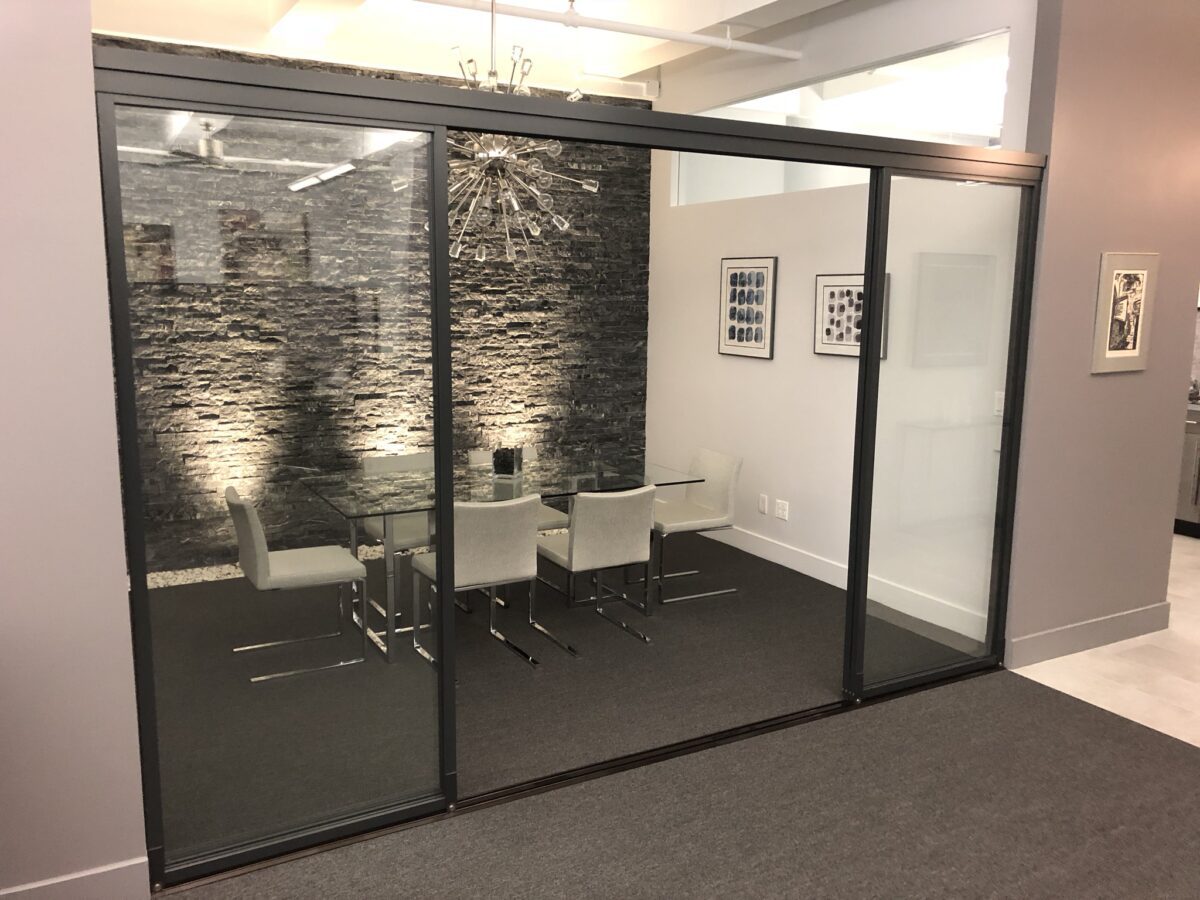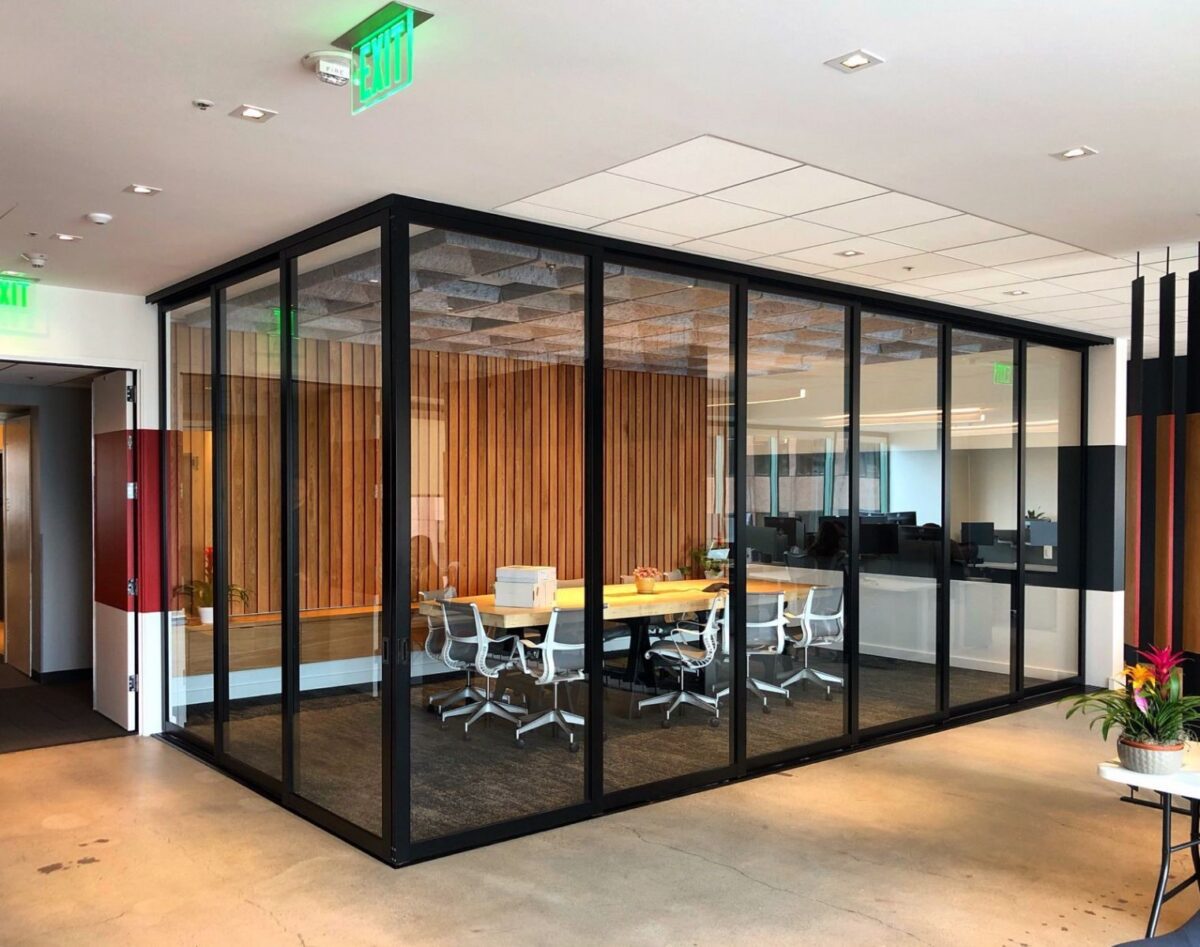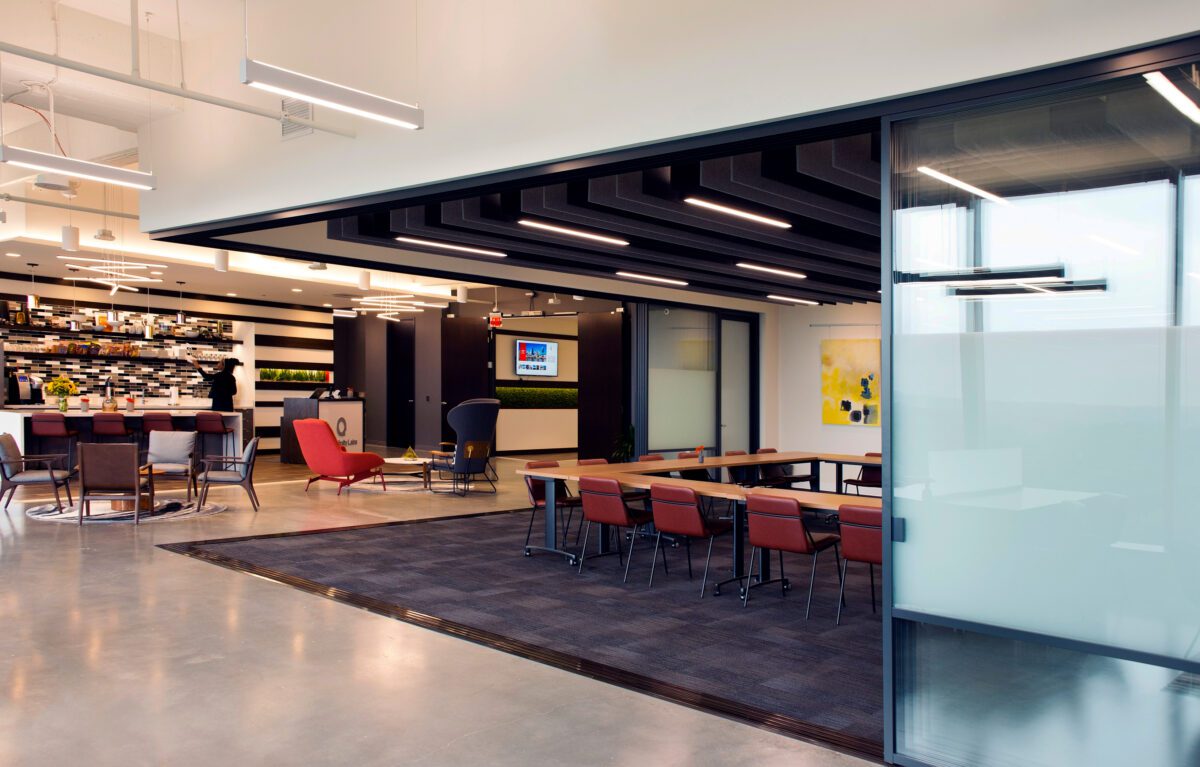The future of offices and workspaces is undergoing significant transformation in the wake of the COVID-19 pandemic. While it’s challenging to predict the exact path that this evolution will take, several trends and changes are emerging as organizations adapt to the new normal. Here are some key aspects of the future of offices and workspaces:
Hybrid Work Models
Many organizations are embracing hybrid work models that combine remote work and in-office work. This approach provides employees with flexibility while maintaining a physical office presence for collaboration, meetings, and team-building activities.

Flexible Office Space
Flexible office solutions, such as co-working spaces and on-demand meeting rooms, are gaining popularity. Companies are looking for more adaptable and cost-effective options for office space, allowing them to scale up or down as needed.

Redesigned Office Layouts
Office layouts are being redesigned to accommodate social distancing and prioritize employee safety. This includes more spaced-out workstations, partitions, and touchless technology.

Focus on Employee Well-being
Employee well-being is a top priority, with a focus on mental health support, ergonomic workspaces, and amenities that promote physical health and wellness.
Emphasis on Collaboration
The office is becoming a hub for collaboration and team-building activities. Spaces are designed to encourage face-to-face interactions and creative brainstorming sessions that are difficult to replicate remotely.
Technology Integration
Advanced technology, such as video conferencing systems, collaboration tools, and touchless access control, will continue to play a crucial role in the modern office environment.
Sustainability and Green Design
Offices are increasingly adopting sustainable and eco-friendly design principles, including energy-efficient lighting, improved indoor air quality, and the use of sustainable materials.
Decentralized Offices
Some organizations are exploring the concept of decentralized offices, with smaller satellite offices in suburban or remote locations to reduce commuting times and improve work-life balance.
Digital Transformation
Companies are accelerating their digital transformation efforts, including the adoption of cloud-based systems, automation, and data analytics to support remote work and enhance productivity.
Embracing Remote Work Technology
Remote work technology will continue to evolve, with a focus on improving virtual collaboration, security, and the overall remote work experience.
While the office of the future will likely look different from the traditional office, it will remain a vital part of many organizations’ strategies. The key will be creating flexible, adaptable spaces that meet the evolving needs of employees and provide a safe, inspiring, and productive environment. Ultimately, the future of offices will be shaped by a balance between physical presence, technology, and the well-being of the workforce.
Space Plus is well suited to assist you with any changes to your office. Our products make spaces flexible and we’ve been working through countless redesign projects this year. If your office needs help, connect with us today.










